Justin J. Lehmiller
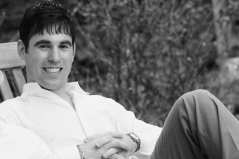
Justin J. Lehmiller
Justin J. Lehmiller (Ph.D., Purdue University) is a sex educator and researcher in the Department of Psychology at Harvard University. He has published over 30 scholarly publications in the areas of relationships and sexuality. He also runs a popular blog, The Psychology of Human Sexuality (www.lehmiller.com), dedicated to presenting responsible information about sex in a way that is both educational and entertaining.
Katharina Demke
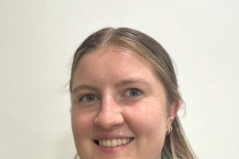
Katharina Demke
Katharina Demke completed her training as a health and nursing professional at Charité in Berlin and has gained several years of experience in psychiatric facilities. Currently, she is working on her empirical master's thesis on the topic of imagery rescripting and is studying for a Master’s degree in clinical psychology and psychotherapy at the Technical University of Chemnitz.
Chien-Han Kao
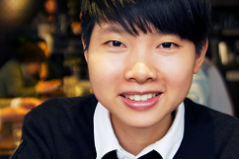
Chien-Han Kao
Chien-Han Kao obtained her Master’s degree in Social and Personality Psychology from National Taiwan University. Her primary research interests in graduate school focused on interpersonal motivation and emotional regulation. Chien-Han is currently working as a market researcher in Taiwan, conducting studies related to customer and employee satisfaction.
Emelie Ernberg
Emelie Ernberg
Emelie Ernberg is a Ph.D. student at the University of Gothenburg. Her research focuses on evaluations of children’s testimonies in the legal system and on prosecution of sexual abuse cases involving preschool-aged victims.
Stephen Reicher
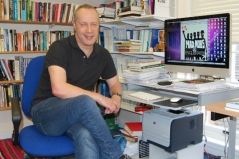
Stephen Reicher
Stephen Reicher is Wardlaw Professor of Psychology at the University of St. Andrews. His research is on social identity and group processes. Stephen is a Fellow of the British Academy, a Fellow of the Royal Society of Edinburgh and a Fellow of the Academy of Social Sciences. In 2001 he, along with Alex Haslam, revisited the issues of the Stanford Prison Experiment through their own BBC Prison Experiment (see www.bbcprisonstudy.org)
Sampada Karandikar
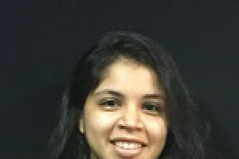
Sampada Karandikar
Sampada Karandikar has completed her Masters in Forensic Psychology from the University of York, and is currently a Research Author at the Department of Psychology at Monk Prayogshala. She has recently co-authored a book on the Indian serial killer phenomena, called Twisted - A Profile of Indian Serial Killers. Her research interests lie in forensic psychology, personality psychology, and social psychology.
Dan Miller
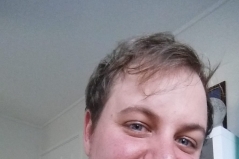
Dan Miller
Dan Miller, PhD, is a Lecturer in Psychology at James Cook University. His primary research focus is on pornography use and its impact on behaviours and attitudes.
Ted Cascio
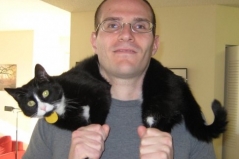
Ted Cascio
Ted Cascio currently divides his passion for teaching psychology at The College of New Jersey with his zeal for diffusing psychology to the masses via Hollywood Ph.D., his Psychology Today blog, as well as other lay-oriented publications such as his edited trade book, House & Psychology: Humanity is Overrated (John Wiley & Sons, Inc.). E-mail: t.cascio@in-mind.org.
Kevin Winter
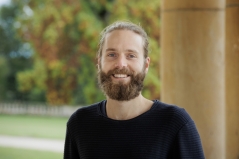
Kevin Winter
Kevin Winter is a postdoctoral researcher at the Department of Sustainable Behavior and Management at the University of Hohenheim. In his research, he examines ways to mitigate polarized attitudes and the negative consequences of conspiracy beliefs. He is particularly interested in finding ways to foster sustainable behavior.
Twitter: @KevinWinter91
Bluesky: https://bsky.app/profile/kwinter.bsky.social
Agneta Fischer

Agneta Fischer
Agneta Fischer has a Professorship in the department of Social Psychology on Emotions and Affective Processes at the University of Amsterdam. The general theme of her research is the influence of social context on emotion, emotion recognition and emotion regulation.
